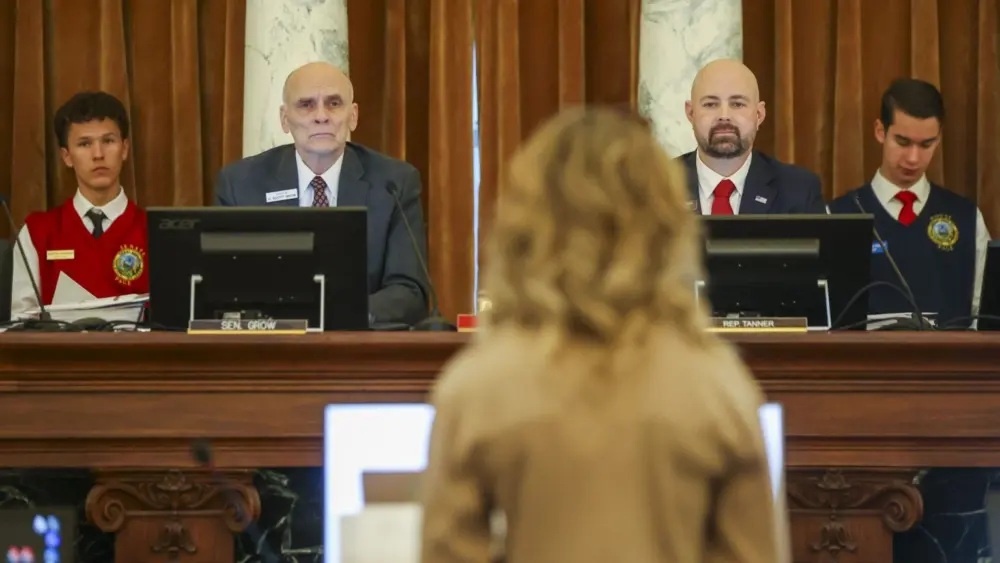OLYMPIA, WA – Last month, Gov. Bob Ferguson launched the ZEVergreen initiative via the Department of Ecology in response to President Donald Trump’s cuts in federal funding for electric vehicle rebates.
While the statewide effort is intended to help reduce costs switching to EVs as part of a goal of achieving transportation electrification, some trucking industry stakeholders note that the price tag is only one of several challenge for their businesses.
Aside from a state law that will prohibit the registration of new gasoline-powered vehicles starting in 2035, Washington is also participating in California’s Advanced Clean Trucks program pushing the gradual adoption of electric trucks, which imposes sale percentages for EV trucks.
Although the federal government has sought to remove that power and a lawsuit remains over the matter, there’s been disputes over what is to blame for the trucking industry’s failure to meet sales expectations. In a report published last year, the Electric Vehicle Coordinating Council attributed it to “market failure,” while a nonprofit representation at a July council meeting said the trucking industry was “taking every single opportunity to undermine the success of the Advanced Clean Trucks regulation.”
Although the cost differences have been noted – $400,000 for an EV truck compared to $150,00 for a diesel truck – Washington Trucking Associations President Sheri Call told Ecology officials at Monday’s public session discussing ZEVergreen that while “this initiative is to address affordability … there still exist operational challenges, and we really don’t see that changing with the weight of the trucks that are significantly heavier; so less productive and potentially more vehicles on the road.”
Among those logistical challenges for EV trucks is that they require recharging more frequently than diesel trucks do refueling, and recharging takes considerably longer. Additionally, cold temperatures significantly reduce battery capacity unless the vehicles are stored properly.
Call added that aside from the upfront price of an EV truck, “another issue under the financing and cost challenges is insurability. [I’m] just wondering if that’s also kind of analyzed and looked at as we move forward here in our in our planning.”
Ecology Zero Emissions Vehicle Specialist Joshua Grandbouche said that with regard to insurance, “that’s not something that we had fully thought through at this point in time, but that that why we’re having this call, right?”
Concerning other challenges associated with the use of EV trucks, he said “we are looking longer term at what might address the weight issue and the logistical issues that you come up with zero-motion vehicles. These are just conversations that we’ve been having with folks and there’s a lot of uncertainty. We are looking at different vehicle technologies, such as battery swapping, that would address both logistical problems, as well as weight issues and cost issues technologies that we’ve been hearing about would be deployable in America, but we do see them deployed in other countries.”
“Longer term, how can we build technologies and solutions that make it much easier to transition the vehicle that aren’t as easy to transition today?” he added.
Offering public comment at the public session for ZEVergreen, Washington Policy Center Vice President for Research Todd Myers told Ecology officials that “whatever goals or metrics this program is designed to achieve, that there is a way to assure that those are achieved and what are the standards. Whatever plan you come up with, make sure that you have not just the goals, but a contingency for what happens if you don’t meet the goals.”





